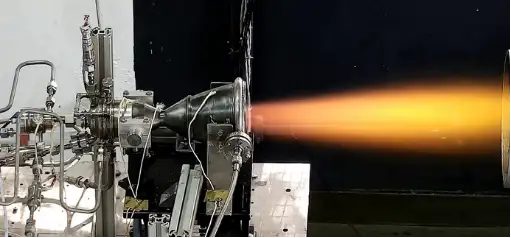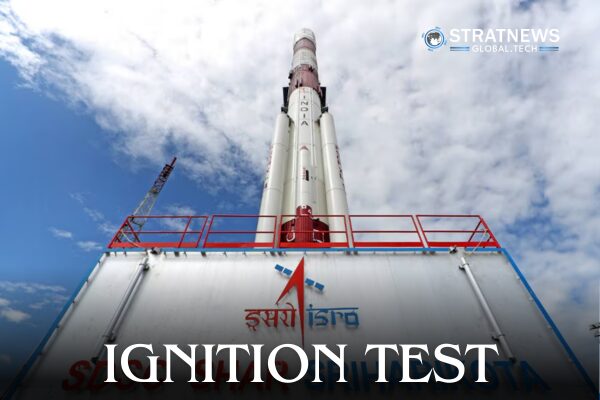Next-Generation Launch Vehicle to Feature Reusable Booster and Improved Stages
The Indian Space Research Organisation (ISRO) is actively developing LOX-Methane engines and stages for its Next Generation Launch Vehicle (NGLV). This advanced launch system will incorporate a reusable booster stage alongside two expendable upper stages. To enhance mission flexibility, multiple restarts will be crucial for both booster recovery and upper-stage operations.
To support this requirement, the Liquid Propulsion Systems Centre (LPSC) of ISRO is working on a spark torch igniter for future LOX-Methane stages. This igniter offers key advantages, including multi-restart capability, improved ignition reliability, and cleaner combustion products.
Successful Ignition Test Conducted at LPSC
On 3 March 2025, ISRO successfully tested a demonstration model of the spark torch igniter. The test was conducted using the GSLV Cryogenic Upper Stage vernier engine with gaseous oxygen and gaseous hydrogen as propellants. The experiment took place at the Combustion Research Facility at LPSC, where smooth ignition was achieved.
The test lasted for a total of three seconds, with all engine parameters performing within expected limits. The successful trial confirms the reliability of the igniter and marks a crucial step in its development.
Future Tests Planned for Performance Enhancement at ISRO
Following this successful demonstration, additional tests are planned to refine the igniter’s performance further. These evaluations will focus on optimising ignition efficiency and ensuring seamless integration into the LOX-Methane propulsion system.

With this development, ISRO moves closer to realising a next-generation launch vehicle equipped with reusable technology and advanced propulsion capabilities. This innovation aligns with global trends in spaceflight, improving efficiency and reducing launch costs.
With inputs from Reuters


